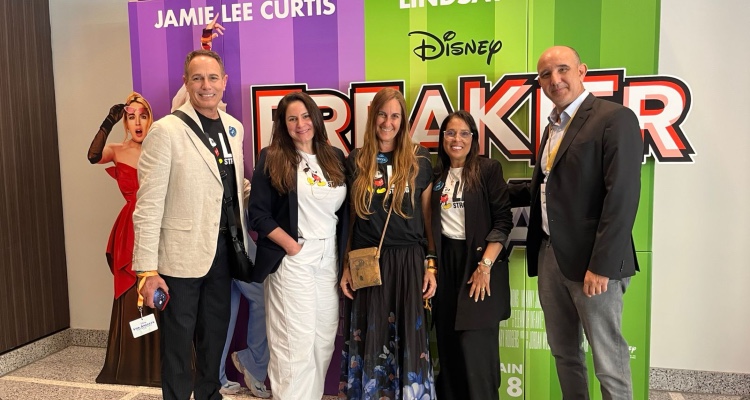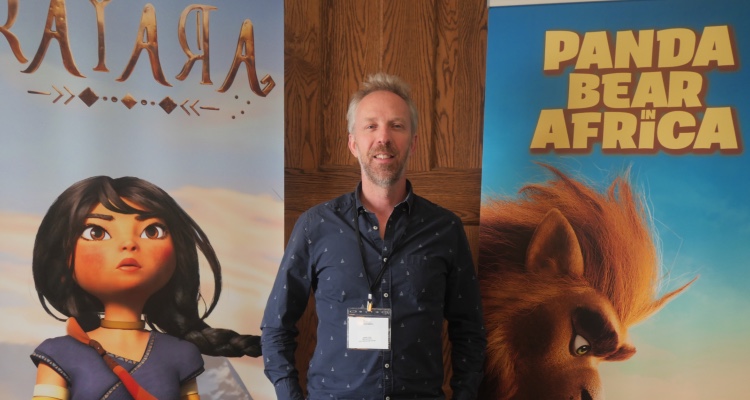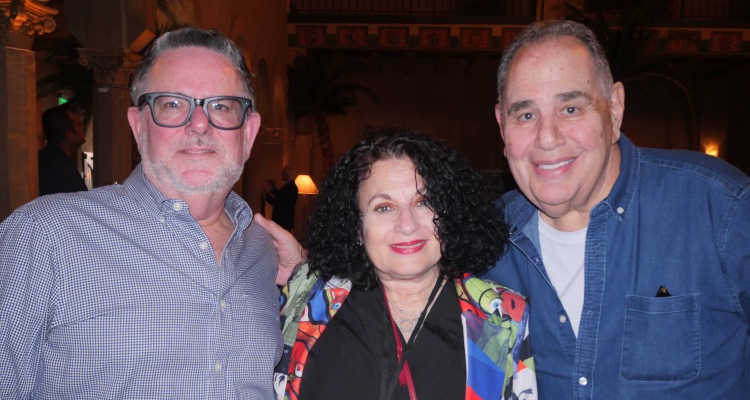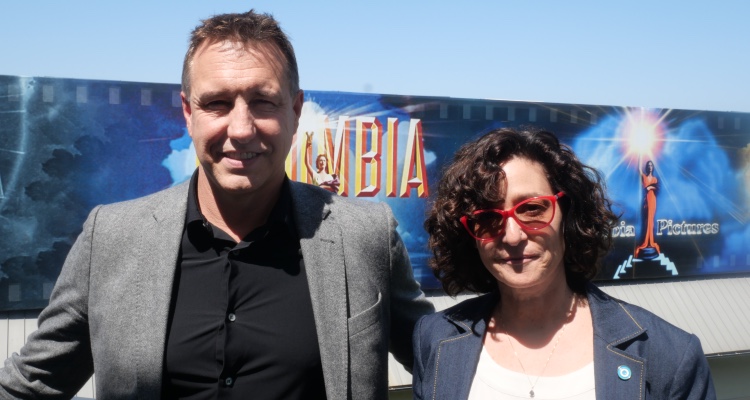On the huge investments in creative content in specific markets, and positioning himself against the tax on big technologies, a measure that the European Commission intends to impose, the co-CEO of Netflix, Greg Peters, participated in the recent edition of the World Mobile Congress, on a keynote where he offered recent details and figures of the streaming giant.
The streamer’s presentation began with the executive’s refusal regarding the tax that the European Commission intends to apply to large technologies for the use of telecommunication networks. Peters assured that such an application would have an ‘adverse effect’ for content creators.
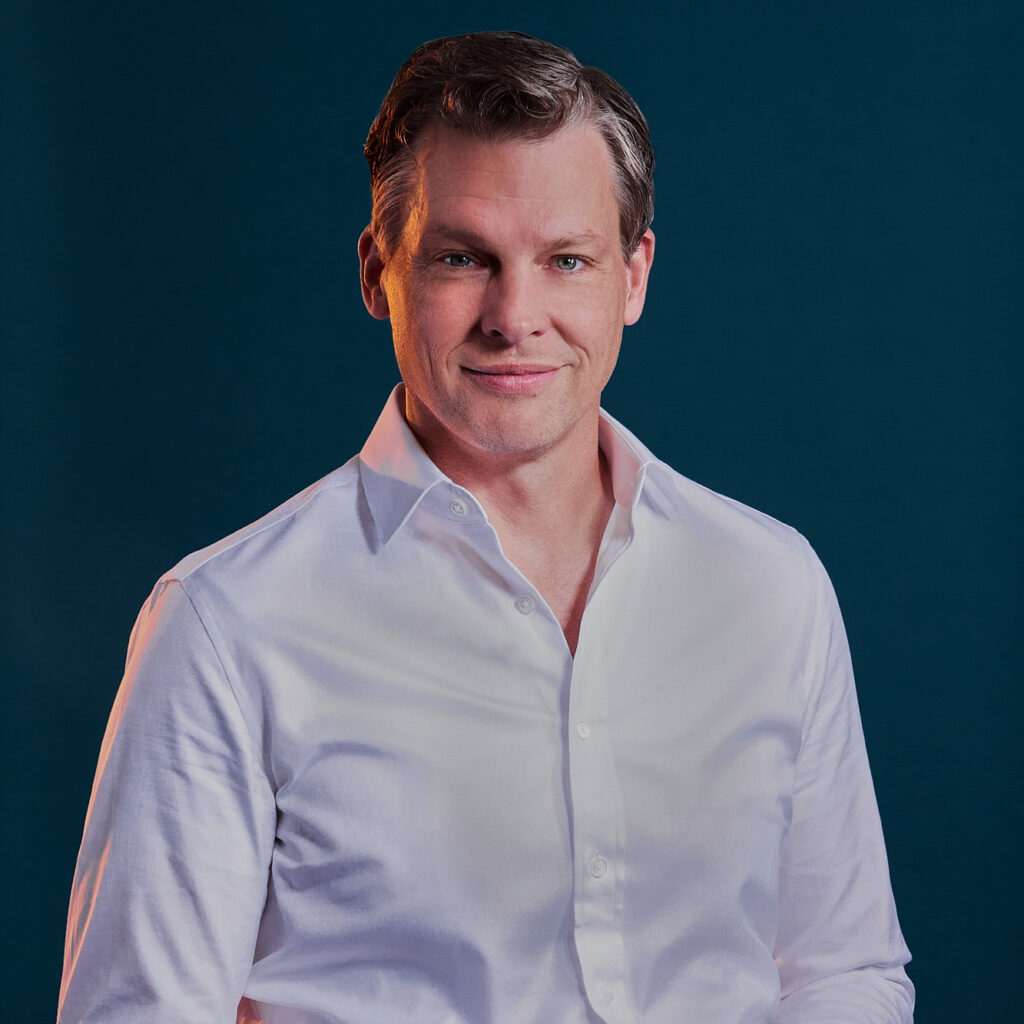
‘Netflix is a company that is currently built on partnerships with creators, Internet service providers, device manufacturers and more. Many of whom are represented in this room, at this event. Without those associations, we would have no entertainment for our members and would not exist as a company. I believe there is a clear and direct symbiotic relationship between a thriving creative industry and a thriving internet ecosystem. Because? Because consumers want great movies, TV series and games, and they are willing to pay for high-quality Internet to enjoy the content they love,’ said the co-CEO.
The executive also referred to the fact that the Telcos and streamers have held many meetings in the past and «have verified» that the growing use of the Internet is ‘a great opportunity’ for them and that this is due to ‘the growing demand for services that we all provide’.
The executive also referred to the ‘immense’ efforts and investments that the streamer has made in favor of turning the wheel equally for everyone: ‘Netflix has invested more than $60 billion in content alone over the last five years. That equates to approximately 50% of our total revenue. It is the role we play in creating a virtuous flyer: better and more varied content, leading to more people willing to pay for better broadband services’.
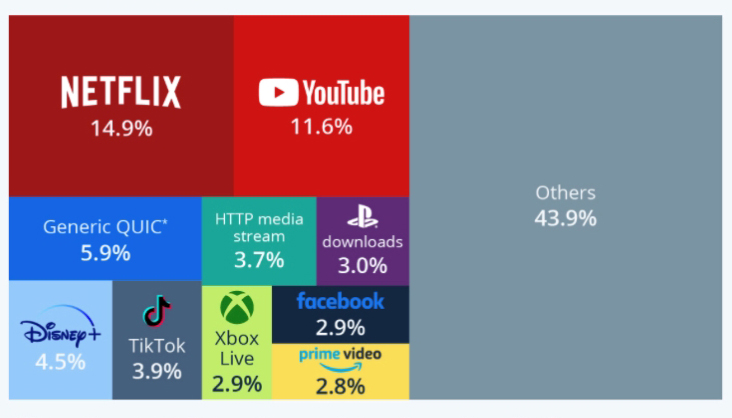
Likewise, he specified that as well as the concern they have for consumers, they also care about content creators, specifying that they are attracted to the company ‘with more than competitive terms and flexible agreements’, but also with support in their artistic vision, ‘we provide them with the tools and means to make that vision a reality with the best possible quality’, he stressed.
Among the investments that Netflix has recently made, highlights the productive infrastructure based in Spain which includes ten state-of-the-art sound stages, ‘that is why we have invested in technological innovation such as the first cloud-based remote editing system in the world. With connected physical editing studios strategically located next to those sound stages’, Peters added.
Technology, creators and content
Regarding content development, Peters specified that they are working together with the recently acquired Scanline, the award-winning studio responsible for the special effects of films such as The Batman or the Black Panther sequel, with whom they are developing new technologies to integrate them into their programs and films, including ‘volume capture’, a technology used in the film The Gray Man. This allowed creators to digitally capture an actor’s performance, in high-resolution 3D.
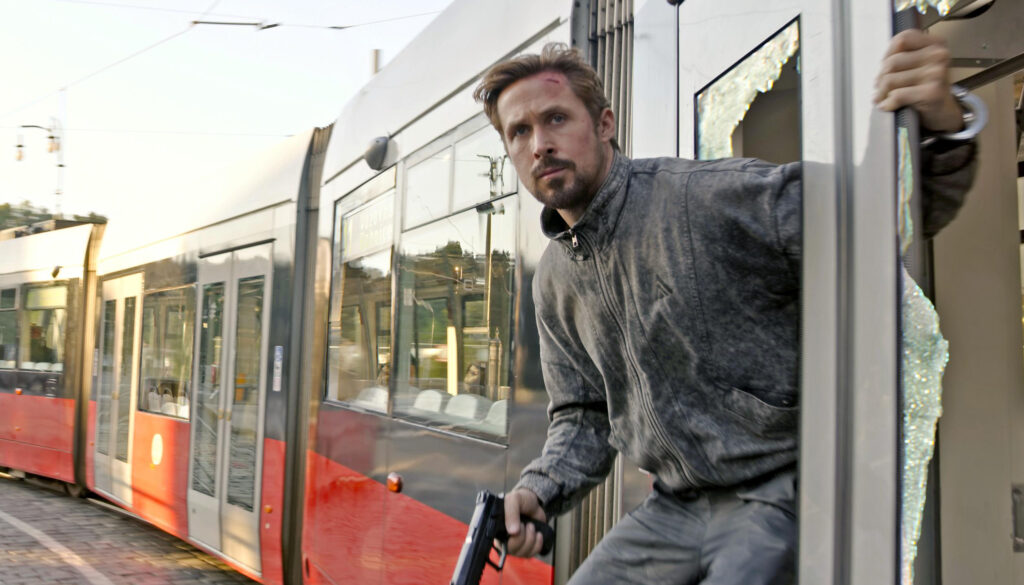
‘We continue to deepen our relationships with the creative community in different markets, and we are also investing more in the next generation of talent, including through our $100 million creative capital fund’, the executive commented. ‘As part of that, we are working with more than 80 organizations on 100 projects in 35 countries, including the Cinémathèque in France, BAFTA in the UK and Academia del Cinema in Italy. And this is in addition to the 1.5 billion euros that we will contribute in European cultural taxes and investment obligations over the next three years.
Relations with Telcos
Another point that Peters highlighted concerns alliances with telecommunications companies and businesses underlying entertainment and TV: ‘We are business partners with more than 160 telecommunications companies and ISPs around the world, many of which include Netflix directly on its offers to the consumer. Consumers love these joint offerings, which shows the value we can create through collaboration.”
For some time now, the company has been investing in Open Connect, its own content delivery network that is often offered for free to ISPs. ‘This includes 18,000 servers with Netflix content spread across 6,000 locations and 175 countries. So when our members press play, instead of the movie or TV show being streamed from the other side of the world, it’s streamed from around the corner, increasing efficiency for operators while ensuring a seamless experience. high quality and without delays for consumers’.
‘In addition to that, we have developed encoding technology to reduce file sizes and optimize bandwidth usage, while maintaining high video quality for our users. Between 2015 and 2020, we were able to cut our bitrates in half. This is in addition to the significant efficiency gains that the telecom industry has been able to achieve within its own networks’.
One of the reasons the Internet is so popular is that consumers are free to choose the content they want to see when they want to see it. We’re harnessing the power of the internet to break down the barriers between storytellers and fans around the world.
Finally, the Netflix delegate showed some figures that attest to the success of its service: ‘Squid Game, with 1.6 billion hours watched in its first month, ranked this Korean drama as Netflix‘s largest television program. And it is not a single title. Today, more than 60 percent of our members have watched K content on Netflix, titles like All of Us Are Dead, Extraordinary Attorney Woo, and Physical:100‘.’And it’s not just Korea. We have also seen global successes coming from Europe. Lupine from France, Casa de Papel and Elite from Spain, The Crown from the United Kingdom, Troll from Norway and All Quiet on the Western Front from Germany. As more channels move from linear to streaming, we want a system that encourages more investment in hits like these, whether it’s on Netflix, France Television, Globo, Telecinco, the BBC, Disney+ or Viaplay.

